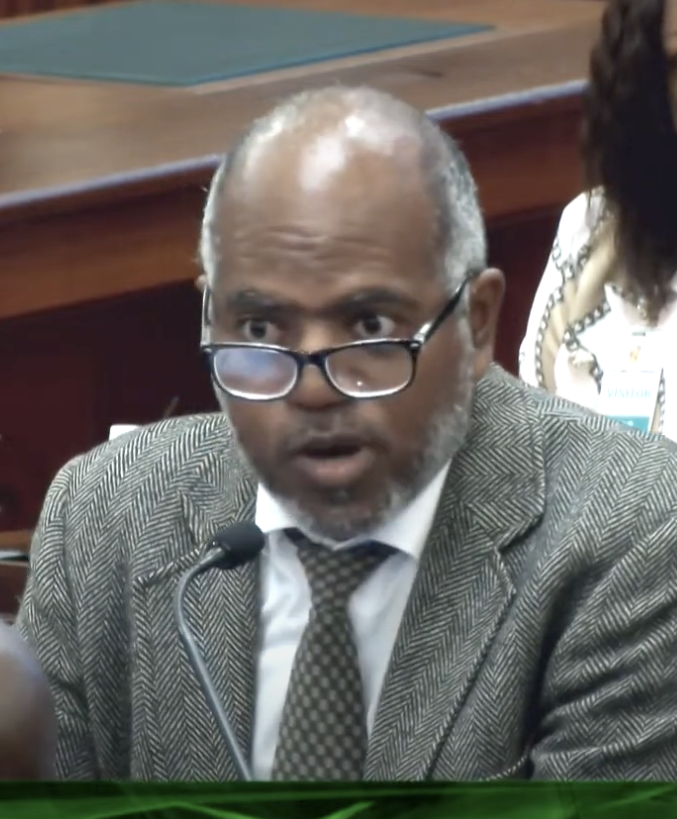Barbados Reports Decline in Sugary Drink Sales and Increase in Non-Sweetened Beverages Following Soda Tax Implementation

March 16, 2024
Health authorities have observed a significant decrease in carbonated sugary drink sales following the implementation of a soda tax, aimed at reducing consumption of sugary drinks linked to lifestyle diseases.
Health authorities have reported a notable decline in carbonated sugar-sweetened beverage (SSB) sales, suggesting that the soda tax is working to reduce the consumption of sugary drinks, seen as a culprit in lifestyle diseases.
According to Deputy Chief Medical Officer Dr Arthur Phillips, there have been promising declines in sweet drink sales, with Barbadians buying more non-sugary beverages and bottled water.
The update came during the House of Assembly Estimates in response to queries from St Philip North MP Dr Sonia Browne on the current status of the SSB tax and its impact on consumers’ spending patterns.
There was a 4.3 per cent decrease in weekly SSB sales and a 3.6 per cent decrease in carbonated SSB sales, while non-SSB sales were up by 5.2 per cent and a just over 7.5 per cent rise in bottled water sales.
The 10 per cent tax, first introduced in 2015, was aimed at curbing the high rates of non-communicable diseases reported on the island. The tax was subsequently increased to 20 per cent in 2022.
While unable to provide a specific figure on the revenue collected from the tax so far, Dr Phillips said the effect of the initial 10 per cent tax on unhealthy sugary drink sales was positive.
“The Ministry of Health would have led on the [establishment] of a sugar-sweetened beverage evaluation committee. The membership of which would have included civil society, academia, both on the health and the economic side, as well as colleagues in the Ministry of Finance,” Dr Phillips explained. “That initial evaluation resulted in findings inclusive of academic publications and, in short, it indicated that the 10 per cent tax resulted in several things: one, a partial passing on of the increase, or partial absorption, I should say, of the increase an increased price, yes, and there was some decreased consumption.”
But Dr Phillips also noted some unintended consequences of the soda tax. Some consumers switched to cheaper sodas. Additionally, during the initial rollout of the tax, some sugary products like drink mixes and flavoured crystals were inadvertently left untaxed.
A review of the tax is underway, said the medical official.
“[The] evaluation of the 20 per cent tax is ongoing and the areas that we are particularly looking at understanding and advising on relate to a tiering of the tax or the tax increasing with increasing levels of sugar content, as well as the issue of allocating at least some of the revenue to social programming for two reasons – one, in terms of additional revenue being available and two, also being able to help the public understand the reason for the tax and demonstrating to the public the tax being used for this purpose.” (SB)


